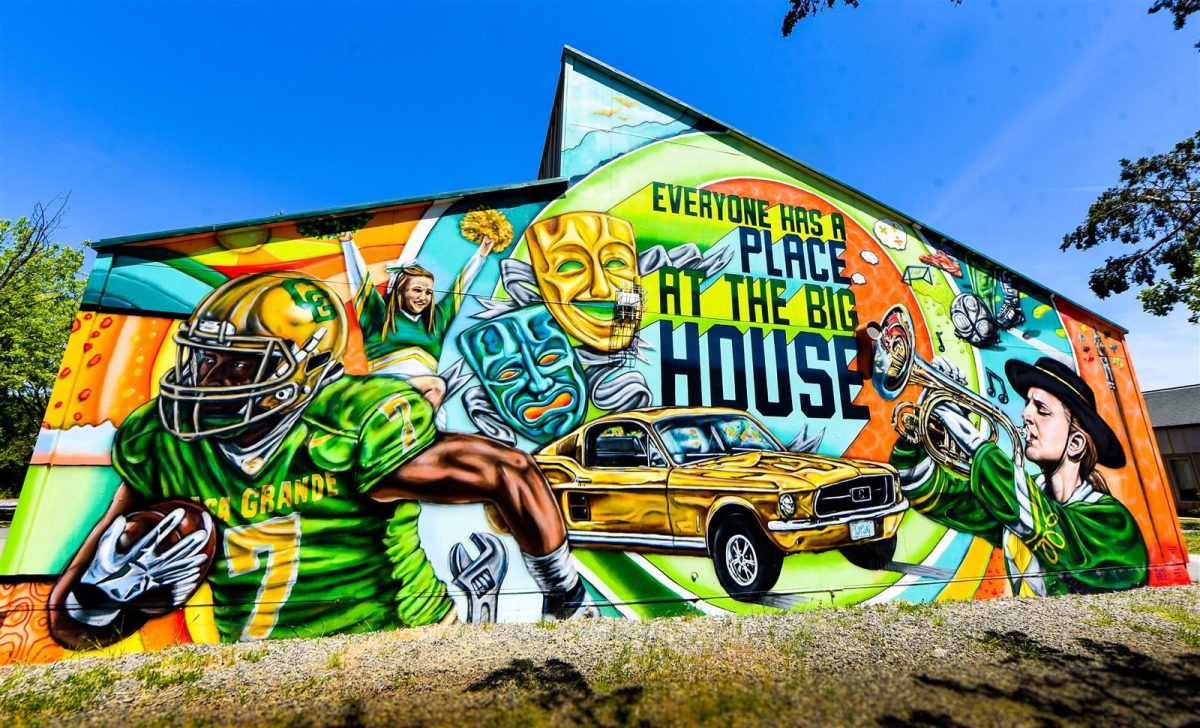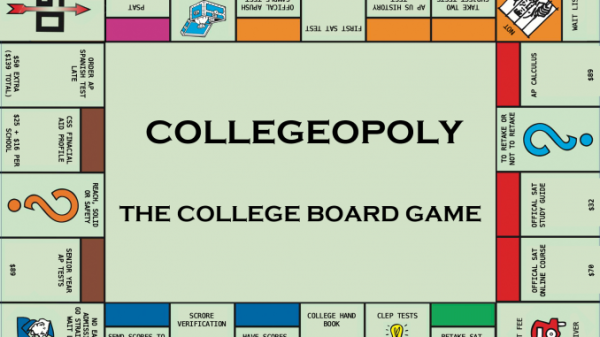The New Racism
A recent study published by the Washington Post in late June 2015 revealed that non-Hispanic white millennials were pretty much just as racist as their predecessors when it came to being prejudiced against blacks. With the recent rash of police attacks explicitly targeting the black community, I can’t really say that I’m surprised.
There’s this idea that race doesn’t matter anymore in this shiny new modern society of ours. If recent news hasn’t yet convinced you that on the contrary, race is still a big issue nowadays, then I really, really hope that the results of this survey do. Allow me to recap.
31% of non-Hispanic white millennials think blacks are less hardworking than whites, compared to 32% of Generation X (our parents’ generation).
23% think blacks are less intelligent than whites — while only 19% of Gen X do. An instance where the younger generation is actually more racist.
38% of non-Hispanic white millennials, and 40% of Gen Xers, think black people are less well-off than white people simply because they lack the motivation, are lazy, or whatever name you want to give it.
So much for hopes that we’d be moving towards a society where this sort of thing doesn’t matter.
I’m inclined to blame the “colorblind” race rhetoric that has been preached rather extensively. When taught growing up that race doesn’t matter, that you can get anywhere if you work hard enough, and then learning that minorities as a whole are less well-off than white people — well, it must be their fault, because they’re not working hard enough. They can overcome any obstacle if they work hard enough, right? If they’re living poorly, it must be their fault for not working hard enough. Or, if they’re not working hard enough, maybe they’re just not intelligent enough to move up the corporate ladder. Whatever it is, it’s their own fault. Right?
Incidentally, according to another study published by the “Washington Post” about a year ago, one in four Americans think that the main reason behind inequality is simply that poor people don’t work hard enough. (On the contrary, 63% of people in poverty eligible to work are already working. The other 37% would include the people who are still looking for a job.)
It’s easier for people, I think, when they think that someone’s fate must have fallen upon them because of something they did. Admitting to a systematic inequality pervasive in American society is tantamount to acknowledging that however hard you work, you might not get anywhere. Or that you might be ignored or overlooked despite your achievements or qualifications all because of your race. Or that, in the case of white people, even if your work isn’t as as good as your non-white peer’s, you might get something — a job, a promotion, a larger salary — that you didn’t earn, just because racial bias falls in your favor.
Still, the idea of being “colorblind” is like imitating the excellent and most wise sages, the ostriches, and burying our heads in the sand to ignore the problem. What a tried and true way of solving problems.
Ideally, the generation following the millennials (a.k.a. Generation Z, a.k.a. us) will be more conscientious than their parents, will educate themselves on important and relevant issues and will work to create a better society. However, with the way things are going, with Donald Trump declaring a plan to build a wall at the Mexican border and people still justifying the deaths of unarmed black people by saying “They did something wrong in the past!” or “They looked threatening to the officer!” my hopes are pretty much going down the drain.







